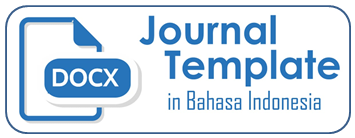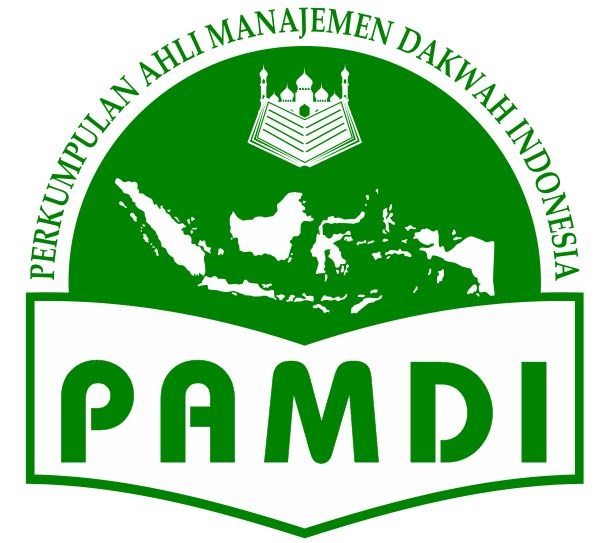Covid 19: Access to Information and News In The Society
DOI:
https://doi.org/10.56874/almanaj.v2i01.831Keywords:
information, news, covid-19Abstract
Information about Covid-19 spreads very quickly through social media as quickly as the virus spreads so that it can have both negative and positive impacts. The negative impact is panic, and the positive impact can be the government's partner in disseminating information related to Covid-19. This study aims to find out how the public's access to the news of covid-19. This research is quantitative with a cross sectional design. The research was conducted in 2022 in one of the women's study places in the Medan area. The number of samples was 40 people with an age range of 20 years to 80 years. The method of data collection is by interviewing the respondents. The results of the study showed that 1) Social media (instagram, facebook, youtube, twitter, tiktok) were the alternative media that most respondents chose to find initial information about Covid-19; 2) The majority of respondents access news about Covid-19 in one day (units of hour) with an average duration of < 1 hour; 3) The majority of respondents experienced changes in behavior due to mass media coverage related to Covid-19 in the form of adopting a healthy and hygienic lifestyle; 4) The majority of respondents stated that "based on the news they can imagine reality, but do not know/cannot confirm the actual conditions" related to the news of Covid-19 in the mass media; 5) The majority of respondents are looking for the most needed information related to Covid-19, which is about Covid-19 prevention information. It is recommended for the government to continue to strengthen information about covid-19 by utilizing social media, especially regarding the prevention of Covid-19 and straightening out the hoaxes that are currently circulating.
References
Azwar, Saifuddin. 2011. Sikap Manusia: Teori dan Pengukurannya. Yogyakarta: Pustaka Pelajar.Blasco, M. M., Castellà, C. O., & Raso, M. L. (2020). Impacto de la pandemia de Covid-19 en el consumo de medios en España.Revista Latina de Comunicación Social, (78), 155-167.Fernández-Torres, M. J., Almansa-Martínez, A., & Chamizo-Sánchez, R. (2021). Infodemic and Fake News in Spain during the COVID-19 Pandemic.International Journal of Environmental Research and Public Health,18(4), 1781.Ghaemi, N. (2020, March 24). The Psychology of Pandemic Denial: Why do some people reject the science of public health? [Blog post]. Retrieved from https://www.psychologytoday.com/us/blog/mood-swings/202003/the-psychologypandemic-denialTaylor, S. (2019). The Psychology of Pandemics: Preparing for the Next Global Outbreak of Infectious Disease. England: Cambridge Scholar Publishing.[:]The Verge (2020). Instagram is rolling out new notifications about COVID-19 information diakses 9 April 2021, dari https://www.theverge.com /2020/12/17/22187298/ instagram-coronavirus-covid19-misinformation-notificationsRomadhoni, Budi Arista. 2018. Meredupnya Media Cetak, Dampak Kemajuan Teknologi Informasi. Jurnal Al Nida, Vol 10, No 1. Januari-Juni 2018.We are social (2020). Digital 2020 : 3.8 Billion People Use Social Media diakses 9 april 2020 dari https://wearesocial.com/blog/2020/01/digital-2020-3-8-billion-people-use-social-mediaZulva, T. N. I. (2020). Covid-19 dan Kecenderungan psikosomatis.J. Chem. Inf. Model, 1-4.
Downloads
Published
Issue
Section
License
- All articles published in Al Manaj: Jurnal Manajemen Dakwah are licensed under a Creative Commons Attribution-ShareAlike 4.0 International (CC BY-SA) license. This means anyone is free to copy, transform, or redistribute articles for any lawful purpose in any medium, provided they give appropriate attribution to the original author(s) and Al Manaj: Jurnal Manajemen Dakwah, link to the license, indicate if changes were made, and redistribute any derivative work under the same license.
- Copyright on articles is retained by the respective author(s), without restrictions. A non-exclusive license is granted to Al Manaj: Jurnal Manajemen Dakwah to publish the article and identify itself as its original publisher, along with the commercial right to include the article in a hardcopy issue for sale to libraries and individuals.
- Although the conditions of the Creative Commons Attribution-ShareAlike 4.0 International (CC BY-SA) license do not apply to authors (as the copyright holder of your article, you have no restrictions on your rights), by submitting to Al Manaj: Jurnal Manajemen Dakwah, authors recognize the rights of readers and must grant any third party the right to use their articles to the extent provided by the license.

This work is licensed under a Creative Commons Attribution-ShareAlike 4.0 International License.


.jpg)










